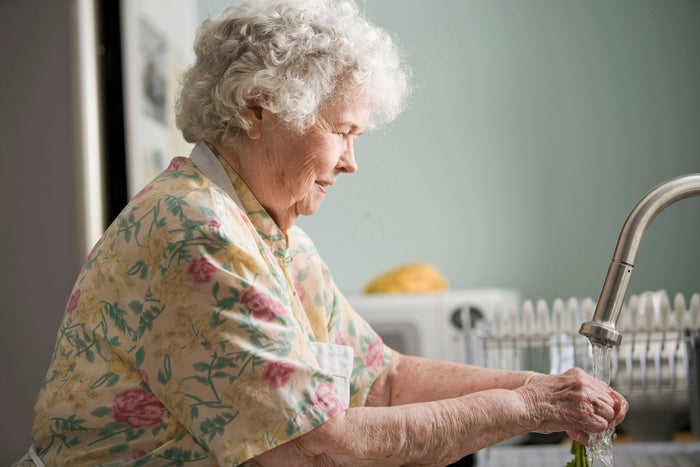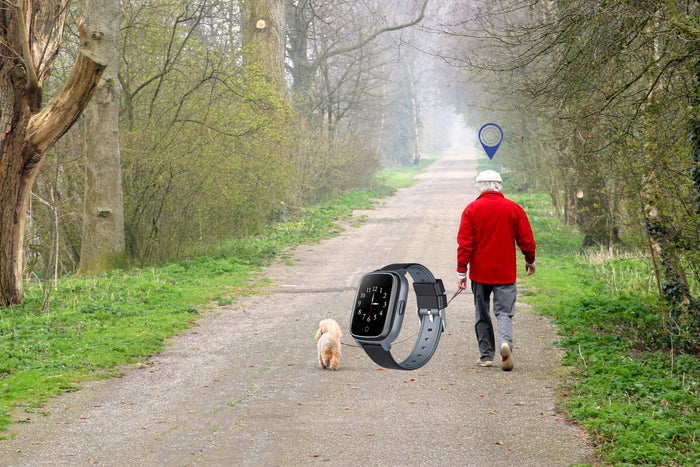Why it is so Important for the Elderly to get help quickly after a fall

Why it is so Important for the Elderly to get help quickly after a fall
Falls among the elderly are a significant health concern, and the urgency in responding to such incidents cannot be overstated. Quick assistance following a fall is crucial for several reasons, ranging from immediate medical intervention to long-term recovery and psychological well-being. Here are key reasons why getting help quickly is so important for elderly individuals after a fall.
Immediate Medical Attention
- Preventing Complications: Falls can result in serious injuries such as fractures, head trauma, or internal bleeding. Prompt medical attention is necessary to diagnose and treat these conditions before they worsen. For instance, a hip fracture, which is common among the elderly, requires immediate surgical intervention to prevent complications like blood clots, pneumonia, or even death.
- Pain Management: Falls can cause significant pain, which can be debilitating if not addressed quickly. Immediate medical care can provide pain relief through medication, immobilisation of injured areas, or other interventions to improve comfort and prevent further injury.
Reducing Hospitalisation Time
Quick response and appropriate treatment can significantly reduce the length of hospital stays and improve recovery outcomes. Early intervention can prevent complications that might require longer and more intensive care. This, in turn, reduces the physical and psychological strain on the elderly person and can lower healthcare costs.
Preventing Long-term Disabilities
- Mobility and Independence: A swift response to falls can prevent long-term disabilities that affect mobility and independence. Timely medical intervention can ensure proper healing and rehabilitation, allowing elderly individuals to regain their functionality and maintain their independence.
- Rehabilitation: Immediate help often involves starting rehabilitation exercises sooner, which can aid in faster recovery. Physical therapy can help restore strength, balance, and coordination, reducing the risk of future falls and promoting a quicker return to daily activities.
Psychological Well-being
- Reducing Fear of Falling: Elderly individuals who receive quick help after a fall are less likely to develop a fear of falling again. This fear can lead to reduced activity levels, social isolation, and a decline in physical fitness, which in turn increases the risk of future falls. Addressing the issue promptly helps to maintain confidence and encourages continued physical activity.
- Emotional Support: Falls can be traumatic experiences, leading to anxiety and depression. Quick assistance provides not only medical care but also emotional support. Knowing that help is readily available can alleviate anxiety and contribute to a more positive outlook during recovery.
Improving Quality of Life
- Maintaining Routine: Elderly individuals who receive immediate care after a fall can often return to their daily routines more quickly. This continuity is crucial for their mental and emotional well-being, as it helps maintain a sense of normalcy and purpose.
- Support Systems: Rapid response often involves family, friends, or caregivers, which reinforces the elderly person's support system. This network is vital for their overall well-being, providing emotional and practical support throughout the recovery process. Companies like WatchOvers.com provide fall alert devices with automatic calling so the elderly person does not even have to press a button to make an emergency call after a fall.
Preventing Further Falls
Quickly addressing the aftermath of a fall can also include evaluating the causes and implementing preventive measures. This might involve assessing the living environment for hazards, reviewing medications that could affect balance, or providing assistive elderly personal alarms. By understanding and mitigating the risk factors, future falls can be prevented.
Conclusion
In conclusion, the importance of getting help quickly for elderly individuals after a fall cannot be overstated. Prompt medical intervention can prevent complications, reduce hospitalisation time, and prevent long-term disabilities. Additionally, quick assistance supports psychological well-being, helps maintain quality of life, and prevents future falls. Ensuring that elderly individuals receive immediate help after a fall is crucial for their overall health and well-being. Families, caregivers, and healthcare providers must prioritise rapid response strategies including personal alarms for the elderly to safeguard the health and dignity of elderly loved ones.




